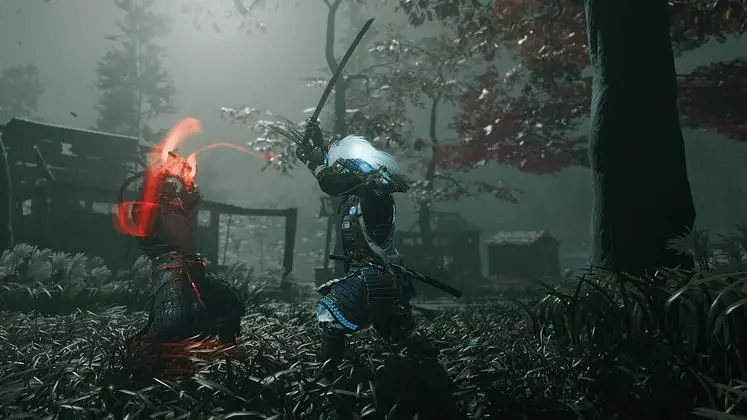Samurai are often romanticized as honor-bound warriors, living and dying by a strict code known as bushidō. But Ghost of Tsushima throws a katana into the mix—what if sticking to honor meant losing everything? Jin Sakai, the game’s protagonist, struggles with this dilemma, choosing between traditional samurai values and unconventional guerrilla warfare. But how close does the game’s story stick to historical reality?
If you’ve picked up a Ghost of Tsushima Steam code, you already know that Jin’s transformation from noble samurai to shadowy Ghost is the game’s core conflict. Samurai in feudal Japan were expected to fight face-to-face, upholding their family name with absolute honor. Yet, as Mongol forces ravage Tsushima, Jin learns that fighting fair is a fast track to extinction. The game presents this struggle with cinematic intensity, but does history agree?
Bushidō vs. Reality: The Honor of Samurai Warfare
Bushidō, the supposed code of the samurai, is often painted as an unshakable doctrine of loyalty, discipline, and honorable combat. The truth? It wasn’t as rigid as modern depictions suggest. The idea of bushidō as an absolute way of life actually became popular long after the samurai era had ended. During the 13th century, when Ghost of Tsushima takes place, survival often took precedence over poetic notions of honor. Samurai could (and did) use deception, ambush tactics, and even psychological warfare when necessary.
Jin’s tactics—poisoning enemies, striking from the shadows, and using fear as a weapon—would’ve been controversial but not unheard of. In real history, samurai were also skilled in espionage, employing ninja-like tactics when the situation demanded. While some viewed these methods as dishonorable, survival often outweighed reputation. War wasn’t just about skillful swordplay—it was about winning, by any means necessary.
Would a Real Samurai Break the Code?
Jin’s uncle, Lord Shimura, embodies the bushidō-following samurai, believing that fighting honorably is the only way to live—and die—with dignity. But real warlords weren’t always so rigid. Figures like Takeda Shingen and Uesugi Kenshin, famous samurai from later centuries, were brilliant strategists who adapted to circumstances. While open combat was preferred, trickery and adaptation were fair game in actual battles.
However, Ghost of Tsushima does exaggerate one thing: the level of stigma attached to Jin’s stealth tactics. Historically, using deception wasn’t considered outright betrayal—it was just another tool in a warrior’s arsenal. The idea that Jin would be completely exiled for fighting smart instead of fighting “fair” is more of a dramatic storytelling choice than a historical truth. Samurai may have valued honor, but they weren’t fools.
A Cinematic Samurai Fantasy (And That’s Okay)
At the end of the day, Ghost of Tsushima isn’t a strict history lesson—it’s a video game. The sweeping landscapes, emotional character arcs, and Kurosawa-inspired duels make it an unforgettable journey. Sure, the game takes creative liberties, but it stays true to the spirit of the samurai rather than a by-the-book historical account. It’s a game that makes you feel like a legendary warrior, torn between tradition and necessity, and that’s what truly matters.
And if you’re eager to step into Jin’s world yourself, digital marketplaces like Eneba offer fantastic deals on Ghost of Tsushima and other samurai-themed titles. Whether you follow the samurai code or embrace the way of the Ghost, one thing’s for sure—Tsushima needs a hero. Will you be one of them?
For the latest gaming news, follow GameWatcher on BlueSky, check out our videos on YouTube, or give us a like on Facebook. We sometimes include affiliate links in our posts, which grants us a small commission, thank you.







